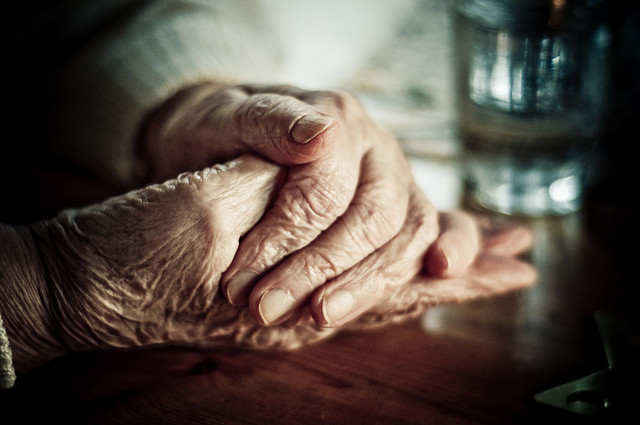
Last month saw the first ever Day of the Girl – now it’s time to turn round and gaze in the other direction, to an older generation: grandmothers.
October also saw the publication of “Grandmother Power: A Global Phenomenon” by Paola Gianturco. As she writes in the introduction, “There are more grandmothers on the planet than at any other time in history. For thousands of years, there were none: people simply didn’t live beyond the age of about 30. Now, at least in the developed world, grandmothers are healthier, better off, and younger than ever before.” This has led to the development of a “grandmother movement” across the globe, though grandmothers themselves may be unaware of it.
The various chapters of the book, grouped thematically, showcase activities, projects and devotion from around the world. Canadian grandmothers supporting those in Africa adopting their grandchildren as their own children die from AIDS. “They became friends and told the truth: African grandmothers were afraid of being charity cases; Canadian grandmothers were afraid of just being The Bank.” Grandmothers in the Philippines standing up for their rights following decades of shame resulting from their treatment during World War II; telling the story of the International Council of the Thirteen Indigenous Grandmothers and highlighting the pointed wit of the Raging Grannies activist group.
Personal stories and evocative photographs complement the author’s text to create a book underlining the courage, wisdom and strength of grandmothers the world over. There exists a “grandmother hypothesis,” mentioned briefly by Ms Gianturco in her introduction, which argues that human society has been able to develop thanks to the existence of grandmothers.
In an article for The Atlantic, available here, Lisa Abrams presents Kristen Hawkes’ research on the grandmother hypothesis, which modeled evolution over time. Her results showed that “even weak grandmothering drives the evolution of longevity from an ape-like value into the human range.” Within the model, all other female primates “fail to live much past their childbearing years.” But Hawkes’ research showed that “after less than 60,000 years, and with ‘only a little bit of grandmothering,’ the human lifespan doubled.”
Returning to “Grandmother Power”, the author poses a provocative question to her readers: If you were an illiterate grandmother, would you “have the gumption and intellectual discipline to master solar engineering?” That’s exactly what women in India have done. We need to start with girls and ensure they have the opportunity and tools to understand they can achieve anything they wish to set their minds to. If their grandmothers can do it, so can they.